ITIL Foundation Mock Exam Practice for Exam Success
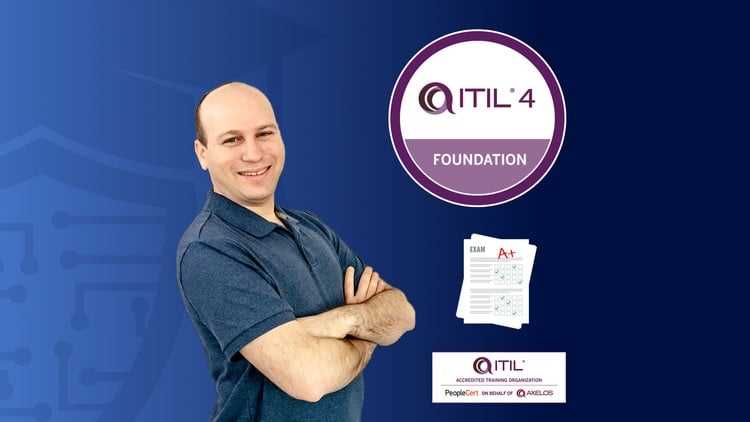
Preparing for a professional certification can be a challenging yet rewarding process. One of the best ways to ensure readiness is by engaging in targeted practice sessions. These sessions are designed to simulate the real assessment experience, helping candidates familiarize themselves with the format and types of questions they might encounter. By actively participating in these exercises, individuals can strengthen their understanding and identify areas that require further focus.
Structured practice is an essential component of any study plan. It not only boosts confidence but also improves time management and test-taking skills. By regularly testing knowledge under timed conditions, candidates can develop the stamina and strategic thinking necessary to succeed when it matters most. This approach is especially effective for those looking to deepen their comprehension of complex concepts and processes.
When approaching these practice assessments, it’s important to focus on a variety of question formats, ensuring a comprehensive preparation. Self-assessment after each session is also crucial, as it provides valuable insights into your progress and areas for improvement. By maintaining a disciplined approach to practice, success becomes much more achievable.
Understanding ITIL Foundation Exam Structure
Successfully preparing for a certification requires a clear understanding of the structure of the assessment. Knowing what to expect on the test day allows candidates to approach their preparation with confidence and precision. The test is typically composed of multiple-choice questions that cover various aspects of the subject matter. These questions are designed to evaluate not only your knowledge but also your ability to apply concepts in different scenarios.
The assessment is structured to assess both theoretical knowledge and practical understanding, with a focus on core principles, terminology, and best practices. Candidates should expect a range of questions that vary in difficulty, helping to assess how well they grasp fundamental concepts and can apply them in real-world settings.
- Format: Multiple-choice questions with four possible answers.
- Duration: Typically lasts around 60 minutes.
- Questions: A total of 40 questions designed to assess knowledge on key topics.
- Scoring: Correct answers earn points, and the passing score is usually 65% or higher.
It’s essential to manage your time wisely during the assessment. The questions are designed to be completed within the given time frame, so practicing under similar conditions can help you become familiar with the pacing required. Candidates should focus on both accuracy and efficiency to maximize their chances of passing.
What is ITIL Foundation Certification?
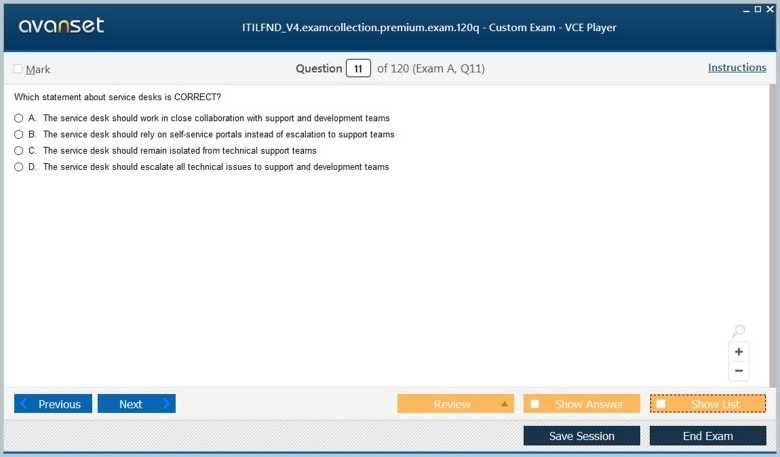
The certification represents a widely recognized qualification that demonstrates a candidate’s understanding of best practices in service management. It focuses on providing individuals with a foundational knowledge of processes, concepts, and terminology essential for managing services effectively within an organization. Earning this credential is an important step for anyone looking to build a career in service management, as it provides the necessary knowledge to improve and align services with business needs.
This qualification is designed for individuals who are new to the subject or those seeking to formalize their understanding of service management frameworks. By completing the certification, candidates gain insight into key areas such as service lifecycle, roles, responsibilities, and processes that are critical to managing services efficiently in various industries.
Importance of Mock Exams for ITIL
Practice assessments play a crucial role in preparing for any professional certification. They help candidates familiarize themselves with the structure and content of the actual test, allowing them to better understand the types of questions they will face. Engaging in these practice sessions boosts confidence and enables individuals to identify areas where they need further improvement before sitting for the official certification.
Building Confidence and Reducing Anxiety
One of the key benefits of practice assessments is that they reduce test anxiety. By regularly simulating test conditions, candidates become more comfortable with the format, which makes the actual assessment less intimidating. This repeated exposure not only helps to alleviate nervousness but also trains individuals to stay focused and calm under pressure.
Improving Time Management and Strategy
Time management is essential during any timed test. Practice sessions allow candidates to refine their pacing, ensuring they can answer all questions within the time limit. In addition, these sessions help develop a strategic approach to answering questions, such as how to tackle more challenging items first or manage difficult sections more efficiently. Ultimately, this prepares candidates for a smoother and more successful test-taking experience.
Benefits of Practicing with Mock Tests
Engaging in practice assessments offers numerous advantages for individuals preparing for professional certifications. These tests provide an opportunity to experience the format and structure of the actual certification process, helping candidates build familiarity and confidence. Regular practice sessions allow individuals to assess their knowledge and pinpoint areas that require further attention, making them a vital part of the preparation process.
Improved Understanding of Key Concepts
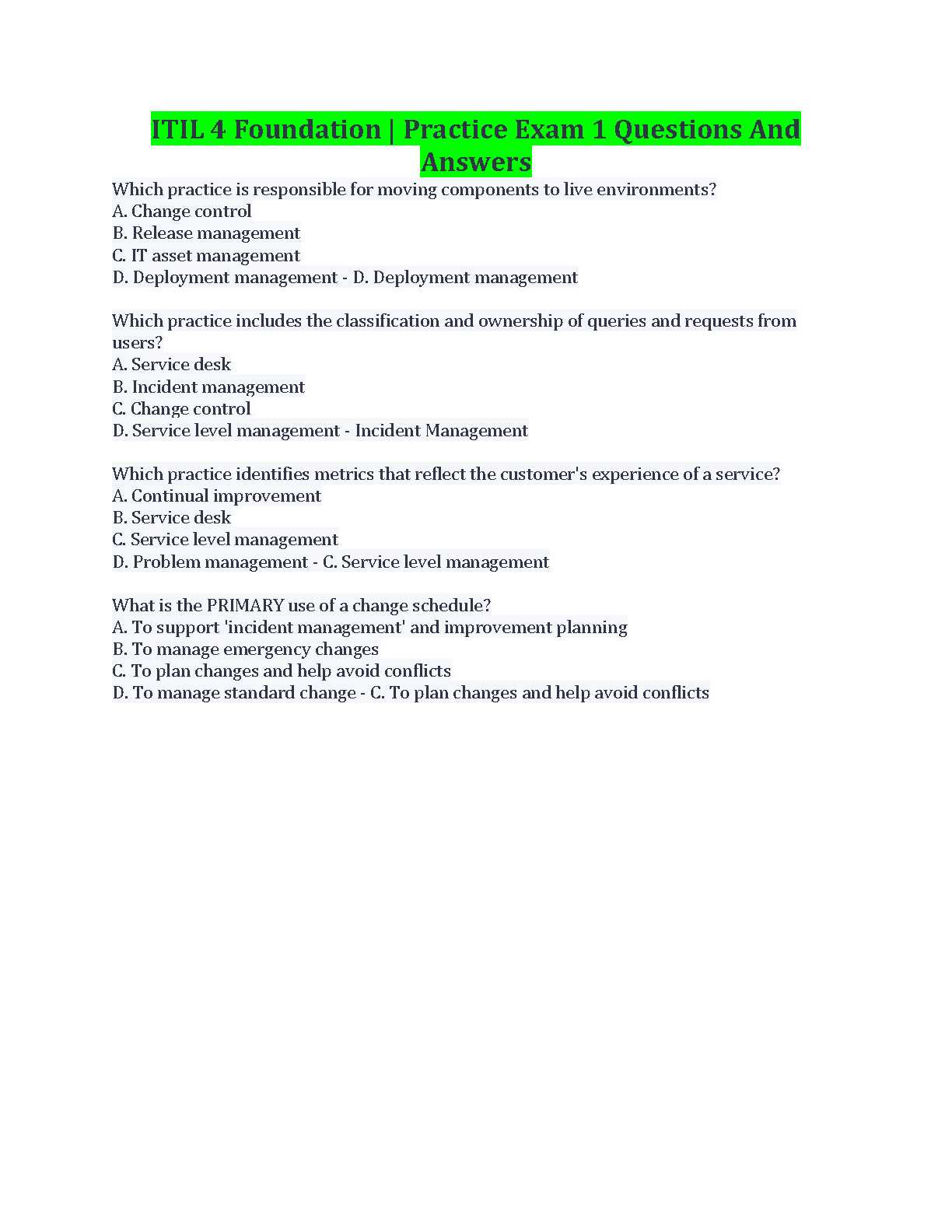
Repetition through practice tests allows candidates to reinforce their grasp of core concepts and terminologies. This consistent exposure helps transform theoretical knowledge into practical understanding, which is essential for applying concepts effectively in real-world situations. Strengthening your knowledge through regular testing ensures that you are well-prepared for any question format during the actual assessment.
Enhanced Performance and Speed
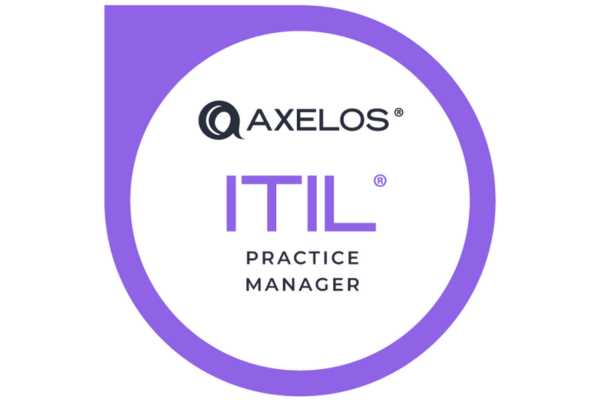
As with any skill, regular practice leads to improved efficiency. Candidates who regularly complete practice tests tend to perform faster and more accurately under time constraints. Time management is crucial, and by practicing within a set timeframe, individuals develop the ability to make quicker decisions, ensuring they can answer all questions without feeling rushed or overwhelmed.
How to Prepare for ITIL Foundation
Proper preparation is key to success in any professional certification. The journey begins with understanding the essential concepts and principles related to service management. By following a structured approach and focusing on key areas, candidates can ensure they are well-prepared for the assessment. Here are several steps to help guide your preparation:
- Understand the Core Concepts: Familiarize yourself with the basic principles and terms related to service management. A solid understanding of these will serve as the foundation for more advanced topics.
- Create a Study Schedule: Break down the material into manageable sections and allocate time to each. Consistent, focused study sessions are more effective than cramming all at once.
- Utilize Study Materials: Use reliable textbooks, online resources, and guides that cover all the important topics. Video tutorials and articles can also enhance your understanding of complex subjects.
- Engage in Practice Assessments: Regularly test your knowledge with practice questions to get familiar with the question format and improve time management.
In addition to these steps, it’s important to stay consistent with your study routine and make adjustments as needed based on your progress. Reviewing and revisiting areas of difficulty will ensure that you cover all the material thoroughly.
Key Study Strategies for Success
Effective preparation for a professional certification requires more than just reviewing the material; it demands a strategic approach. By focusing on essential areas, maintaining a disciplined study routine, and practicing under realistic conditions, candidates can maximize their chances of success. Here are some key strategies to help you stay on track and achieve your goals:
Active Learning and Engagement
Rather than passively reading through textbooks, engage with the material actively. Take notes, summarize concepts in your own words, and teach the material to someone else. This helps reinforce your understanding and identify areas where you might need further clarification. Active learning also encourages deeper retention of information, making it easier to recall during the assessment.
Consistent Review and Repetition
Repetition is a powerful tool for reinforcing knowledge. Regularly reviewing key concepts ensures that you retain important information over the long term. Break your study sessions into smaller, manageable chunks, and periodically revisit challenging topics to solidify your grasp. Using spaced repetition techniques can also help keep the information fresh in your memory.
Common Mistakes in ITIL Mock Exams
During practice assessments, it’s easy to make mistakes that can impact your preparation. Recognizing and understanding these errors is a critical part of improving your performance. By addressing these common pitfalls, you can refine your approach and increase your chances of success in the actual assessment.
Rushing Through Questions is one of the most frequent mistakes. Many candidates try to answer questions too quickly, fearing time constraints. However, rushing often leads to misinterpretation of questions and careless errors. It’s important to read each question carefully and take the necessary time to think through your answers.
Neglecting to Review Answers is another common issue. Even if you are confident in your responses, always make time to review your answers before submitting. This final check can reveal overlooked mistakes and help you catch any errors in logic or interpretation.
Overlooking Key Concepts is a mistake that can easily be avoided with proper preparation. Sometimes, candidates focus on studying areas they feel most comfortable with, neglecting other critical topics. Ensure that you cover all areas of the material to avoid gaps in knowledge that could cost you points.
Avoiding Common Pitfalls During Practice
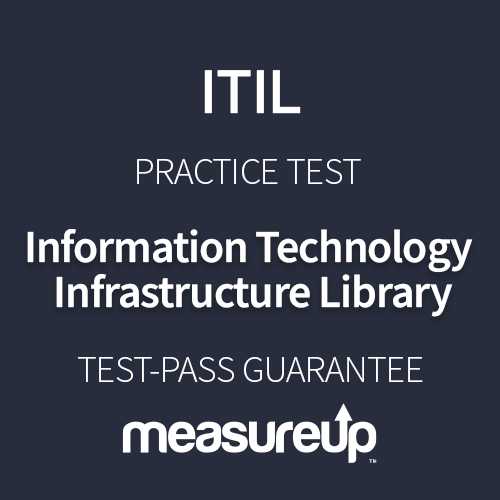
During practice sessions, it’s easy to fall into certain traps that hinder progress and prevent you from reaching your full potential. Identifying and avoiding these common mistakes can improve your performance and ensure a more effective study routine. By staying mindful of these pitfalls, you can make the most of your preparation and build the confidence needed for the final assessment.
Relying Too Much on One Resource
Focusing on a single study resource can limit your understanding of the subject. While it’s important to have a primary guide, diversifying your materials can expose you to different perspectives and question formats. This broader approach ensures a more comprehensive understanding and better prepares you for any scenario.
Ignoring Time Constraints
Many candidates fail to practice under realistic time conditions, which can lead to poor time management on the actual test. It’s essential to simulate the time constraints of the real assessment in order to improve your pacing and decision-making. Practicing with time limits allows you to manage your speed while ensuring accuracy.
| Common Pitfall | Impact | Solution |
|---|---|---|
| Relying on a single study resource | Limits perspective and understanding | Diversify study materials for a well-rounded approach |
| Ignoring time constraints | Poor time management during the test | Practice under timed conditions to improve pacing |
| Skipping difficult questions | Missed opportunities for mastering challenging topics | Practice answering all types of questions, even difficult ones |
Mock Exam Question Types Explained
Understanding the various question formats is essential for effective preparation. Different types of questions are designed to test your knowledge, comprehension, and ability to apply concepts in real-world scenarios. By becoming familiar with these question types, you can tailor your study sessions to focus on the areas that require the most attention. Below are some common question formats you will encounter:
- Multiple Choice Questions (MCQs): These questions present a statement or scenario with several possible answers, but only one correct option. It tests your ability to identify the most accurate response based on the information provided.
- True or False Questions: A statement is provided, and you must determine whether it is correct or incorrect. This question format evaluates your ability to recall facts and recognize accurate information.
- Scenario-Based Questions: These questions provide a real-world situation and ask you to select the most appropriate action or response based on the scenario. They test your critical thinking and application of concepts in practical situations.
Being prepared for these diverse question types can make a significant difference in your overall performance. Practice answering a variety of questions to improve your speed, accuracy, and problem-solving skills.
Multiple Choice and Scenario-Based Questions
Understanding different types of questions is essential for efficient preparation. Multiple choice and scenario-based questions are two common formats that assess your knowledge and ability to apply concepts in practical situations. These question types require not only recall but also critical thinking and decision-making skills. Let’s explore each format in more detail:
Multiple Choice Questions
Multiple choice questions (MCQs) are designed to test your ability to identify the correct answer from a list of possible options. They often present a situation, concept, or definition, followed by several choices, with only one being the most accurate. These questions assess your comprehension of the material and your ability to differentiate between similar but distinct ideas. To answer effectively, it’s important to carefully read each option and eliminate clearly incorrect answers first.
Scenario-Based Questions
Scenario-based questions present a realistic situation or problem, and ask you to determine the best course of action or solution. These questions evaluate your ability to apply theoretical knowledge to practical, real-world challenges. To excel in this format, focus on understanding the underlying principles and how they relate to day-to-day operations. The key to answering these questions correctly is assessing the context, identifying key details, and selecting the response that aligns with best practices.
Time Management Tips for ITIL Exams
Effective time management is crucial for success in any professional assessment. Properly allocating time during your preparation and on the day of the test ensures that you can answer all questions thoughtfully without feeling rushed. Developing a strategy to manage time efficiently will not only help reduce stress but also increase your chances of performing well. Here are some time management tips to consider during your preparation:
1. Set a Study Schedule: Create a study plan that breaks down your preparation into manageable sessions. Allocate specific time slots for different topics, ensuring you cover all areas without feeling overwhelmed. Consistency is key, so stick to your schedule as much as possible to maintain steady progress.
2. Practice with Time Constraints: Regularly simulate test conditions by practicing under timed conditions. This will help you get used to answering questions within a set time frame and improve your ability to prioritize and focus on the most critical points.
3. Use the Pomodoro Technique: Consider using time management methods like the Pomodoro Technique, which involves studying for 25 minutes and then taking a short break. This method can help maintain focus while preventing mental fatigue.
4. Prioritize Difficult Topics: Start your study sessions by focusing on the most challenging areas. Tackling difficult concepts early allows you to give them the attention they require and leaves you with more energy for easier topics later.
5. Time Allocation During the Test: During the assessment, allocate a set amount of time for each section or question. If a question is too time-consuming, move on to the next one and return to it later if needed. This ensures that you have enough time to complete the entire test.
Effective Use of Exam Time
Maximizing the use of your available time during an assessment is essential for achieving the best possible results. Proper time allocation ensures that you can thoroughly answer each question without feeling rushed or leaving any parts incomplete. Developing a strategy for how to approach the test can make all the difference. Here are some tips to help you use your time effectively:
Start with a Quick Overview
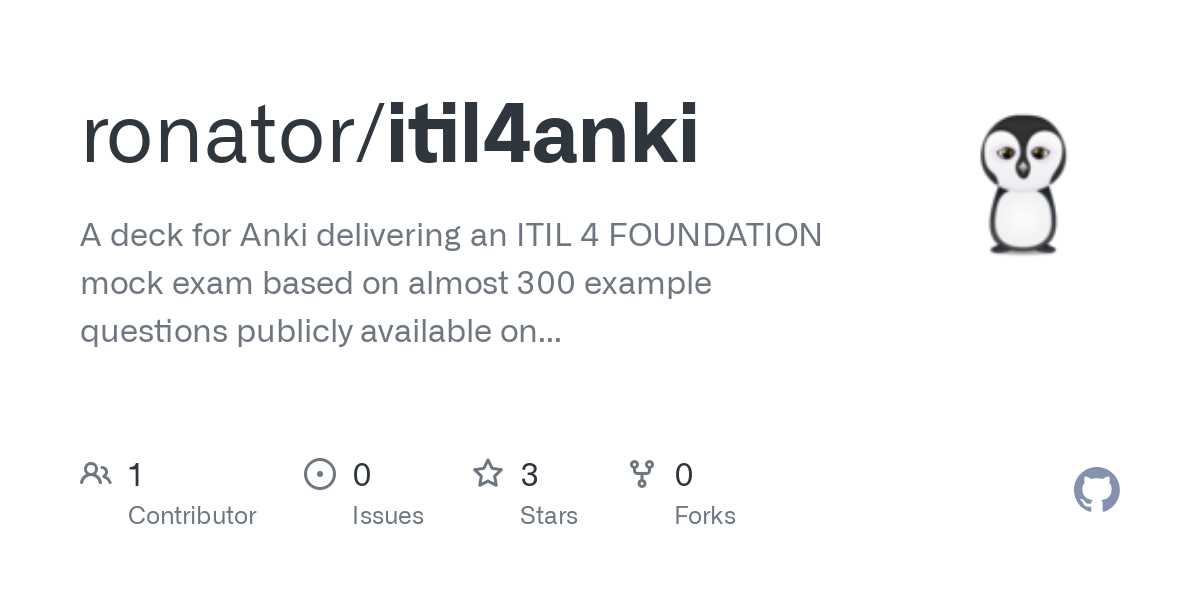
Before diving into the questions, take a few minutes to quickly scan the entire test. Identify the sections that seem most straightforward and those that may require more time or thought. This initial overview allows you to prioritize your efforts, helping you focus on easier questions first to build confidence.
Manage Your Time Per Question
It is important to assign a specific amount of time to each question based on its complexity. While some questions may require more time and thought, others can be answered quickly. If you find yourself stuck on a difficult question, don’t linger too long. Move on to the next one and return to the challenging one later. This ensures that you don’t waste valuable time on questions that may not yield immediate answers.
By staying mindful of your time and managing it efficiently, you can navigate through the assessment with confidence, ensuring you have the opportunity to address all areas with the attention they deserve.
Building Confidence Through Practice Tests
Building confidence is a crucial part of preparing for any assessment. One of the most effective ways to increase self-assurance is by practicing with simulated tests. These practice sessions allow you to familiarize yourself with the format, understand the types of questions, and gauge your knowledge level. Repeated practice not only helps solidify your understanding but also reduces test-related anxiety. Here’s how practice tests contribute to boosting confidence:
Familiarity with Test Structure
By regularly practicing with tests, you become more accustomed to the structure and flow of the assessment. This familiarity allows you to feel more comfortable on the actual test day. You’ll know what to expect, how the questions are structured, and how much time you have to allocate to each section.
Identify Strengths and Weaknesses
One of the key benefits of practice tests is that they highlight areas where you’re performing well and areas that require improvement. Understanding your strengths and weaknesses allows you to focus your efforts on challenging topics, reinforcing areas where you need more practice, and ultimately boosting your confidence.
- Strengths: Feel confident in the areas where you consistently score well. These topics may require less review, allowing you to allocate time to weaker sections.
- Weaknesses: Identify and focus on topics that need further clarification. This targeted approach ensures that you’re adequately prepared for all aspects of the test.
By simulating the real test environment, you gain a sense of control, reduce uncertainty, and approach the actual assessment with confidence, knowing you’ve thoroughly prepared.
How Practice Builds Confidence for Assessments
Consistent practice is one of the most effective ways to build confidence when preparing for any kind of assessment. Repeated exposure to practice sessions allows you to become familiar with the types of questions, time constraints, and the overall flow of the test. As you work through each set of questions, you begin to develop a deeper understanding of the material and learn how to approach problems with greater ease. Here’s how practice helps in strengthening your confidence:
Familiarity Reduces Anxiety
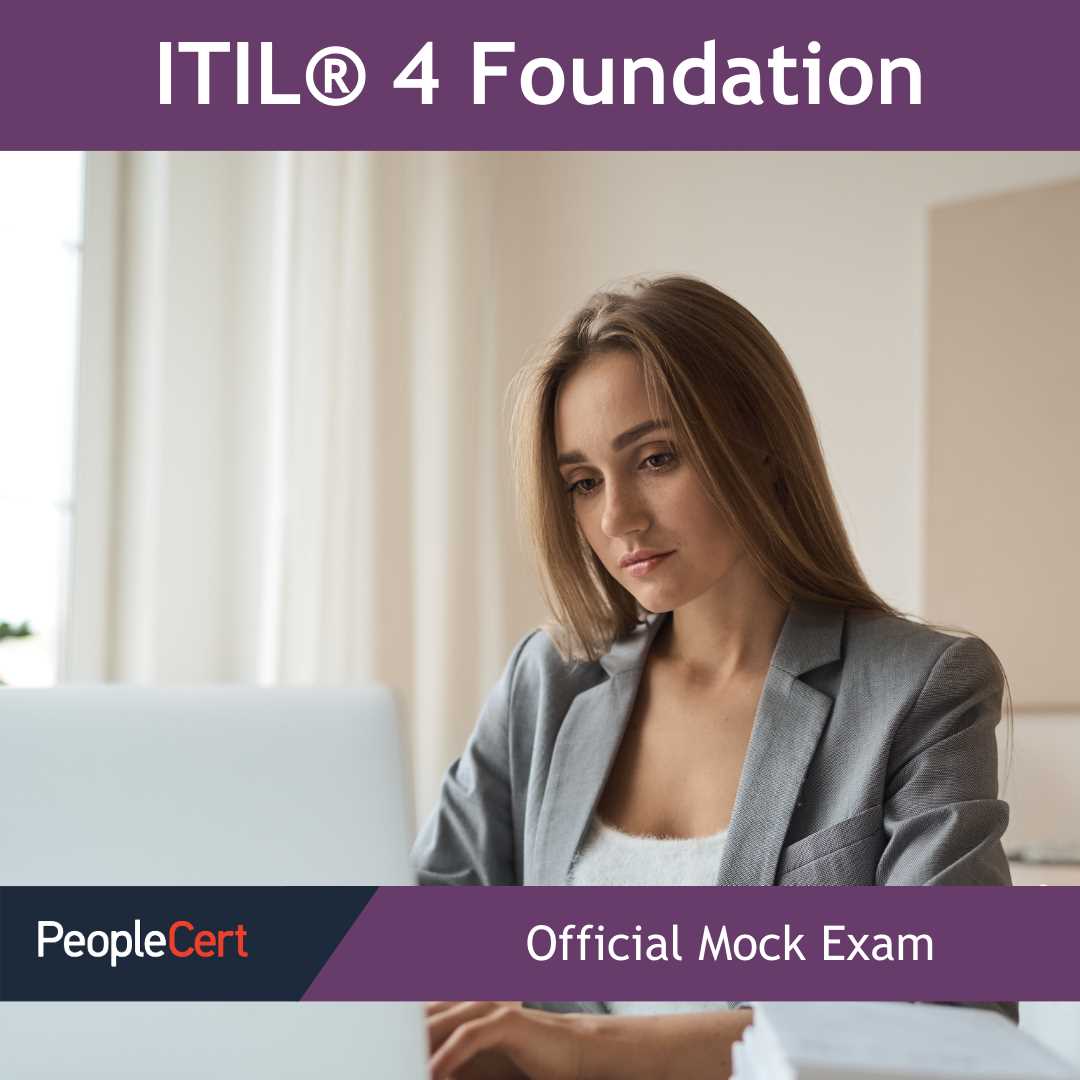
When you engage in regular practice, you become more comfortable with the format and content of the test. This familiarity reduces anxiety, as you’re no longer facing the unknown on test day. Knowing what to expect helps you stay calm and composed, which can significantly improve your performance.
Improvement Through Repetition
Repeated practice enables you to refine your skills and reinforce your knowledge. As you encounter similar types of questions over and over again, your ability to quickly identify key information and solve problems increases. The more you practice, the more you start to trust your abilities, which is essential for boosting your confidence.
Ultimately, practice builds a sense of mastery and control. The more prepared you are, the more confident you feel, allowing you to approach any assessment with a positive mindset and greater ease.
Understanding Key Terminology
Mastering the language used in any field is essential for both comprehension and success. In preparation for assessments, it’s important to understand the specific terms and concepts frequently encountered. These terms often represent core processes, roles, and practices that are fundamental to the subject at hand. A solid grasp of terminology can help you navigate questions more effectively and make better-informed decisions. Here are a few key concepts to focus on:
Core Concepts and Processes
In any structured framework, there are essential concepts that define how activities are conducted. These concepts often involve the flow of tasks or responsibilities, which are vital for achieving objectives. Understanding these core ideas not only clarifies how things work but also provides context for any situation you may encounter.
Roles and Responsibilities
Another area to focus on is understanding the roles that individuals or teams play within the system. Each role has specific duties, and knowing these responsibilities allows you to grasp the dynamics of how actions are executed and decisions are made. Having a clear understanding of these roles helps you make sense of scenarios where different actors interact with each other to accomplish common goals.
By focusing on these key terms, you’ll build a stronger foundation for applying knowledge effectively in various situations, improving both understanding and confidence.
Mastering Key Terms for the Assessment
Familiarity with key terminology is crucial for success in any assessment. Mastering these terms ensures that you can quickly interpret questions, identify essential concepts, and apply your knowledge effectively. In many structured frameworks, certain terms are used to describe core processes, roles, and methodologies. Having a deep understanding of these terms allows you to approach the test with confidence, making it easier to recall important information when needed.
Start by creating a list of the most commonly used terms and their definitions. Take the time to not only memorize their meanings but also to understand their practical applications. This way, when you encounter a question that references these terms, you’ll be able to quickly recognize the correct context and select the best possible answer.
By mastering the language of the subject, you’ll be able to navigate the assessment more smoothly, increasing both your understanding and performance.
Tracking Progress with Practice Assessments
Regular practice assessments are an excellent way to monitor your learning and identify areas that need improvement. By simulating real testing conditions, these evaluations provide a clear picture of your readiness and highlight specific topics where you may need further study. Keeping track of your results over time helps you understand your strengths and weaknesses, ultimately guiding your preparation strategy.
How to Track Your Performance
To effectively track your progress, it’s essential to take note of your scores on each practice session. This helps you see how well you’re retaining information and where you might be falling short. It’s also useful to review the questions you got wrong and understand why your answers were incorrect. This feedback loop enables targeted improvement.
Benefits of Tracking Your Progress
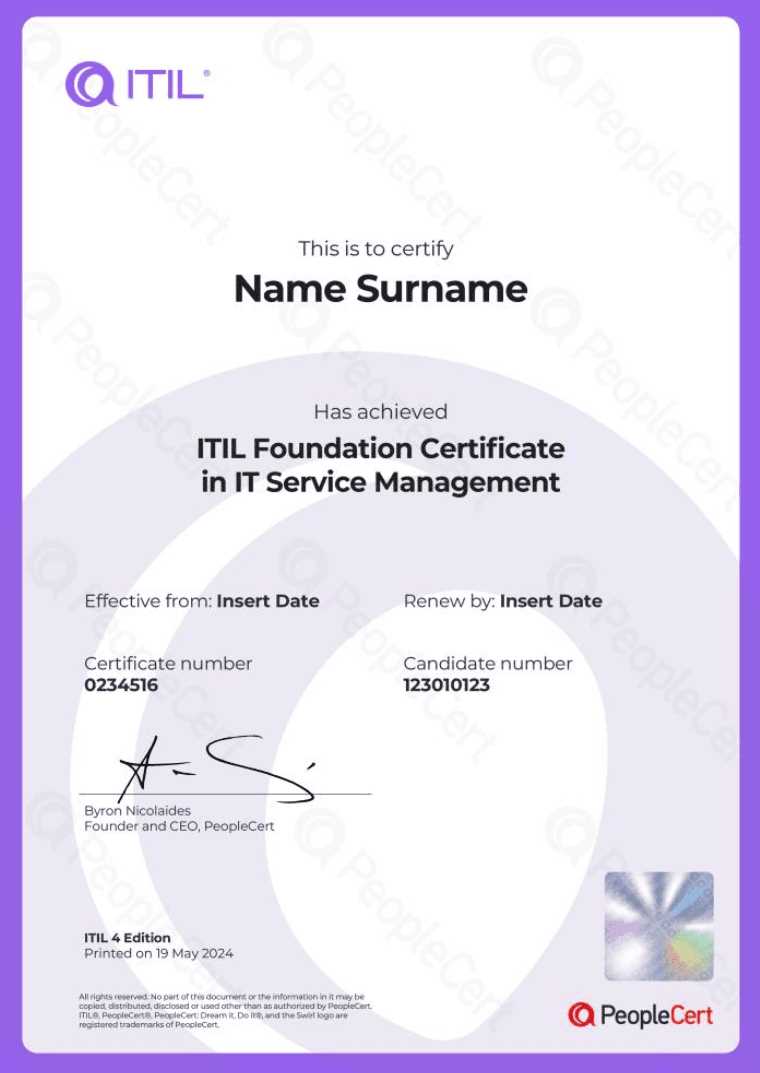
Keeping a record of your performance not only helps you stay motivated but also boosts confidence as you see gradual improvement. Over time, this process ensures that you are fully prepared for the real assessment.
| Assessment Date | Score | Areas for Improvement |
|---|---|---|
| 2024-11-01 | 75% | Understand core processes better |
| 2024-11-05 | 80% | Focus on terminology |
| 2024-11-10 | 85% | Review case study questions |
By regularly assessing your progress, you can ensure you’re on the right track, making the most of your study time and improving your performance for the real test.
Assessing Your Performance Effectively
Regularly evaluating your performance during your preparation is a key aspect of successful learning. By analyzing your results after each practice session, you gain insights into your strengths and weaknesses, allowing you to refine your study strategy. It’s not just about the score; understanding the reasoning behind each answer can significantly improve your knowledge and help you identify the areas that require more attention.
When assessing your performance, it’s important to consider not only how many questions you answered correctly but also the types of questions that posed challenges. For example, if you struggled with scenario-based questions, it might indicate a need to better understand how to apply theoretical knowledge in real-world contexts. On the other hand, if you perform well in multiple-choice questions but find time management difficult, you may need to focus on pacing yourself during practice.
Effective performance assessment involves more than just reviewing scores; it requires a systematic approach that helps you track progress, adjust your study techniques, and ensure you’re ready for the final test.